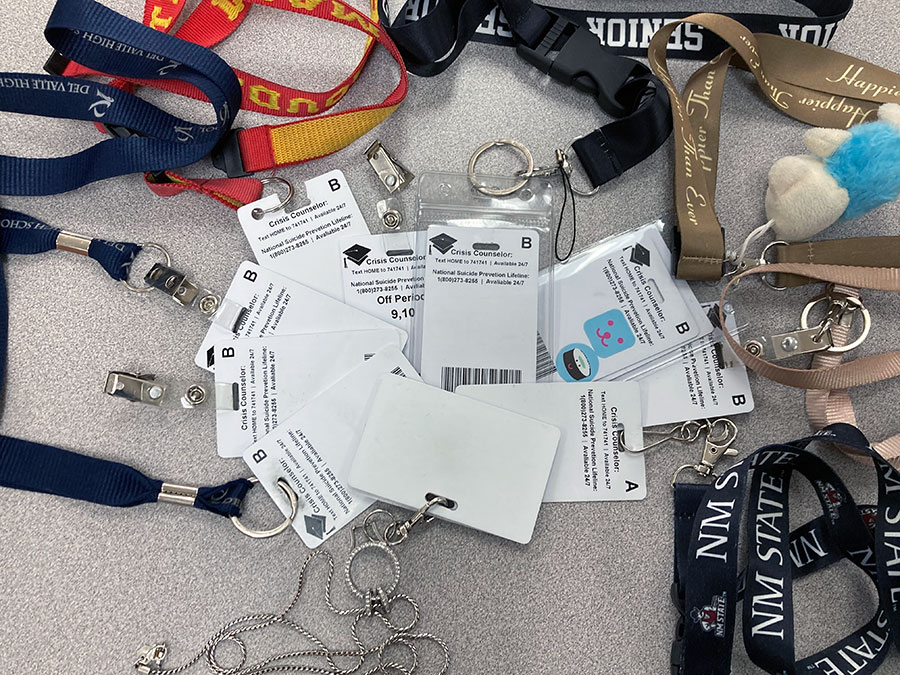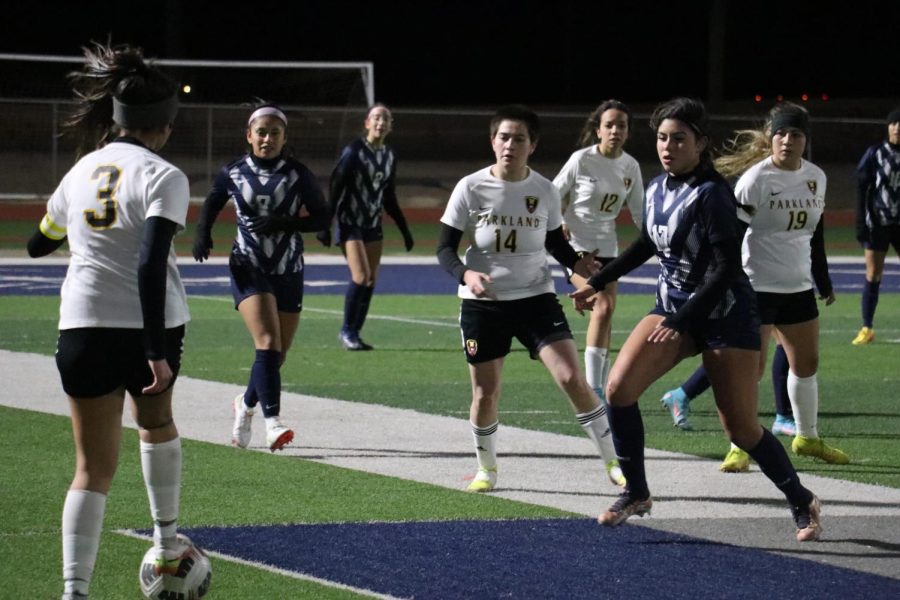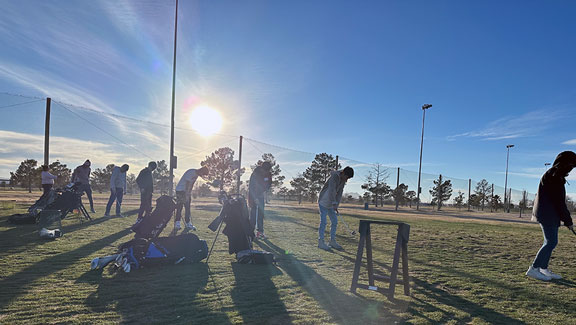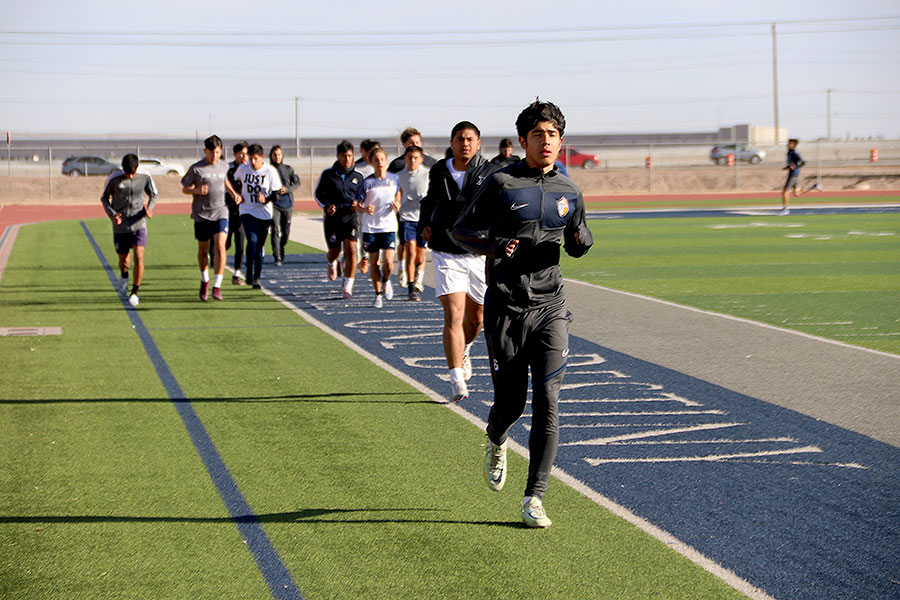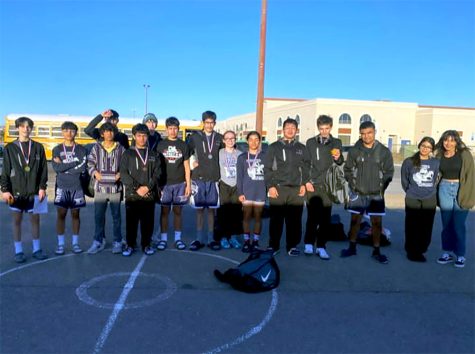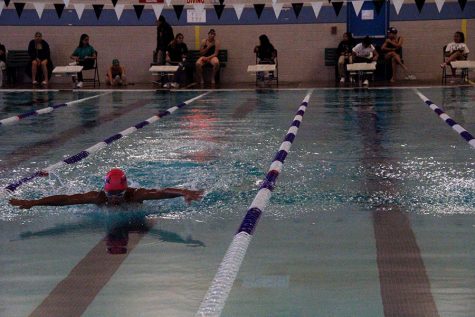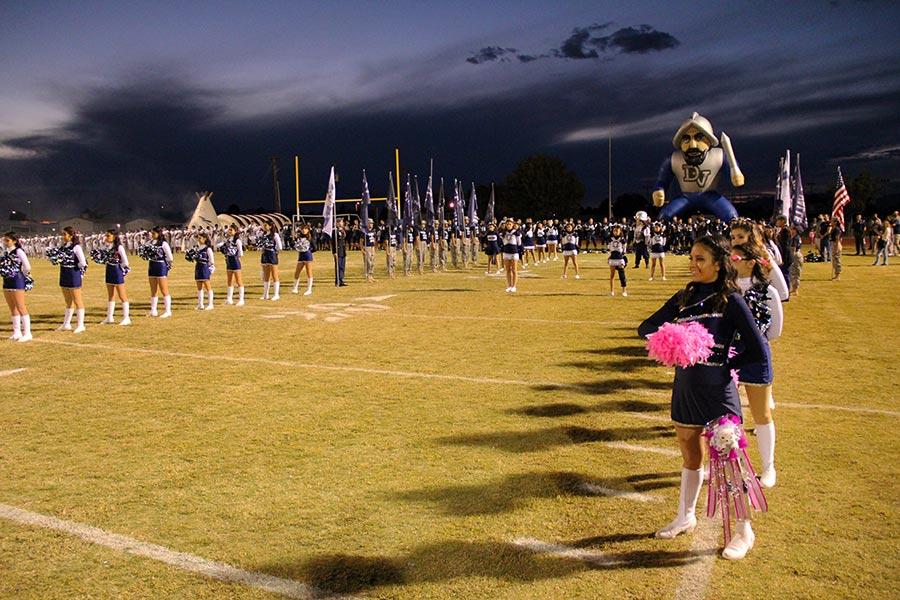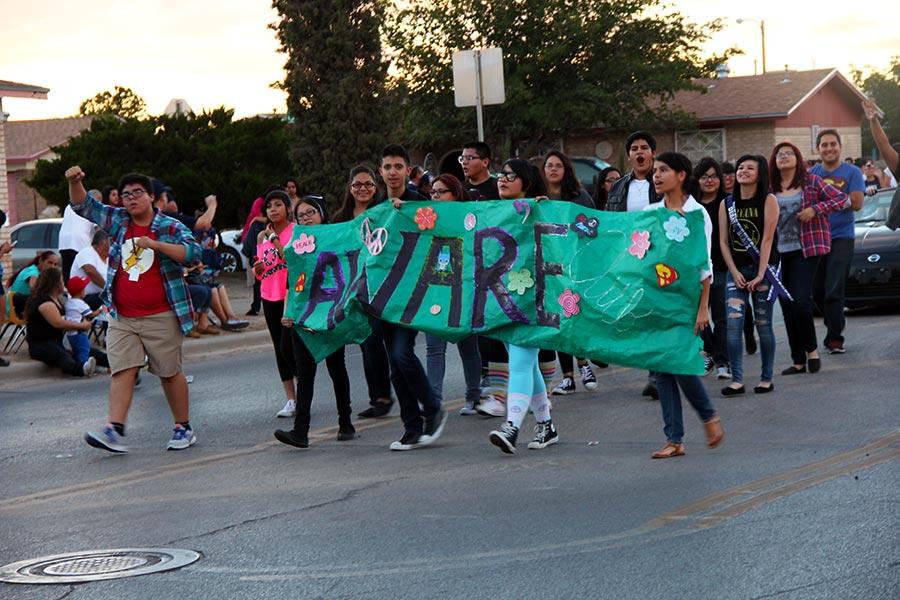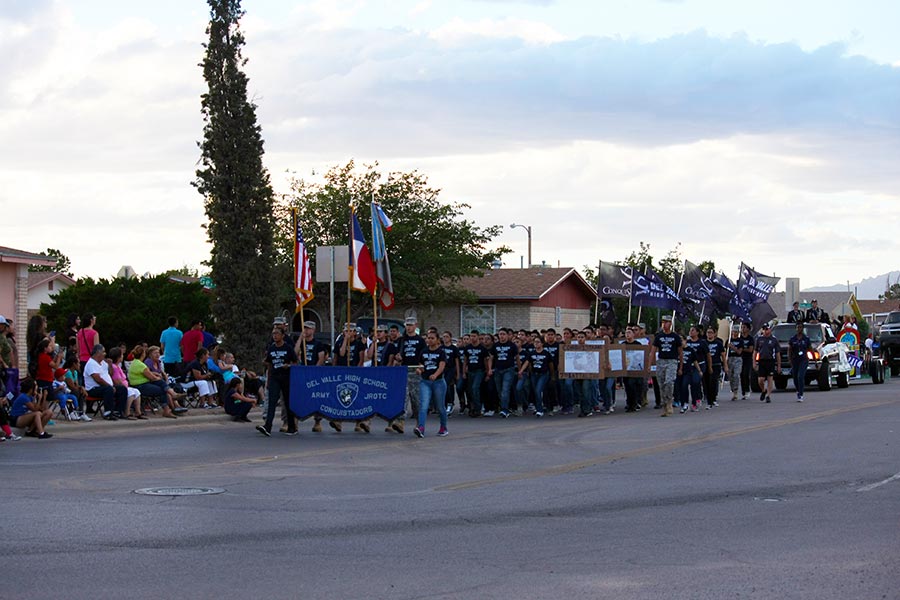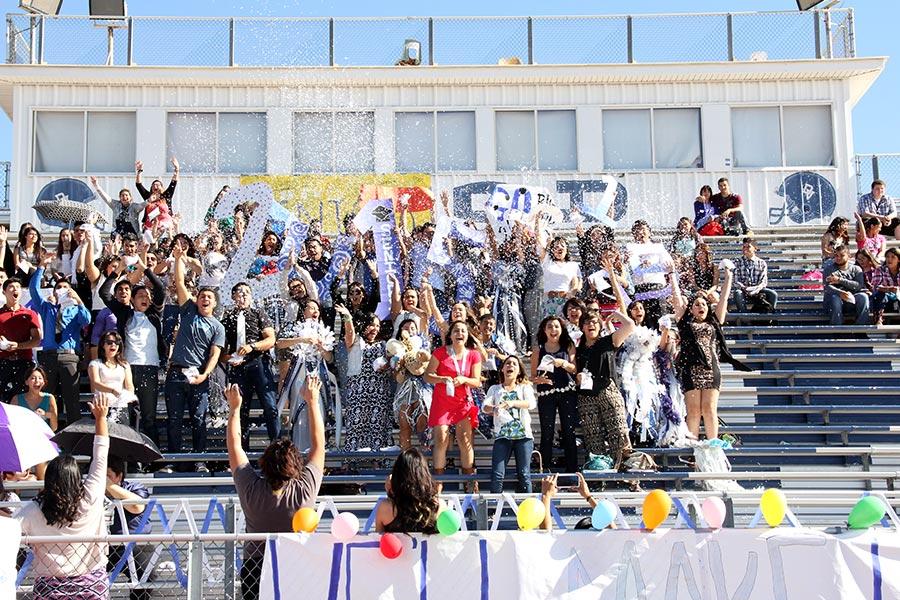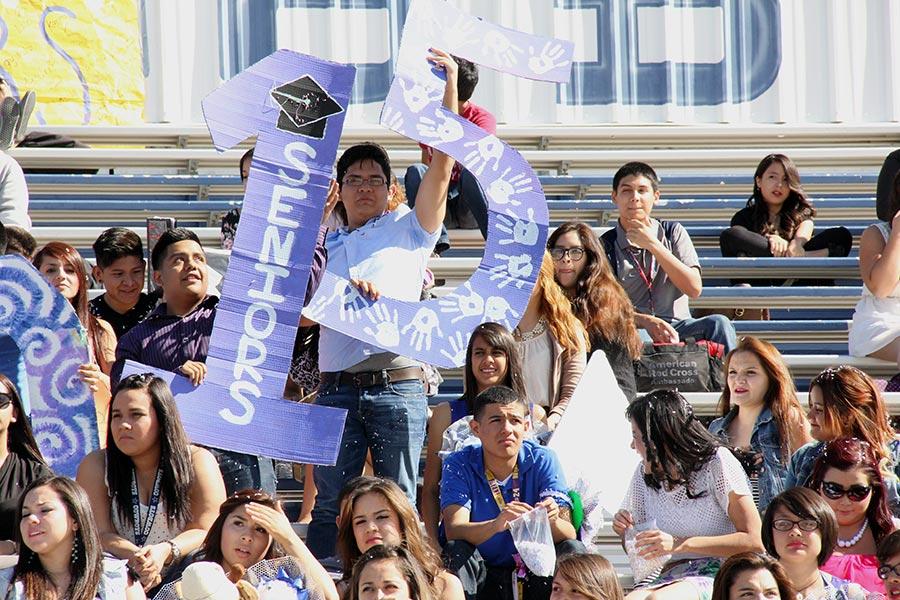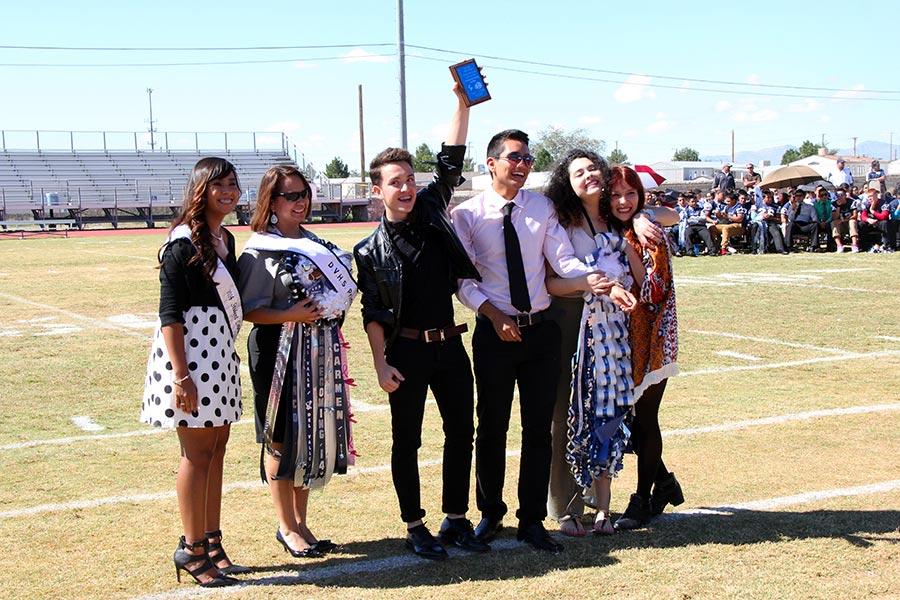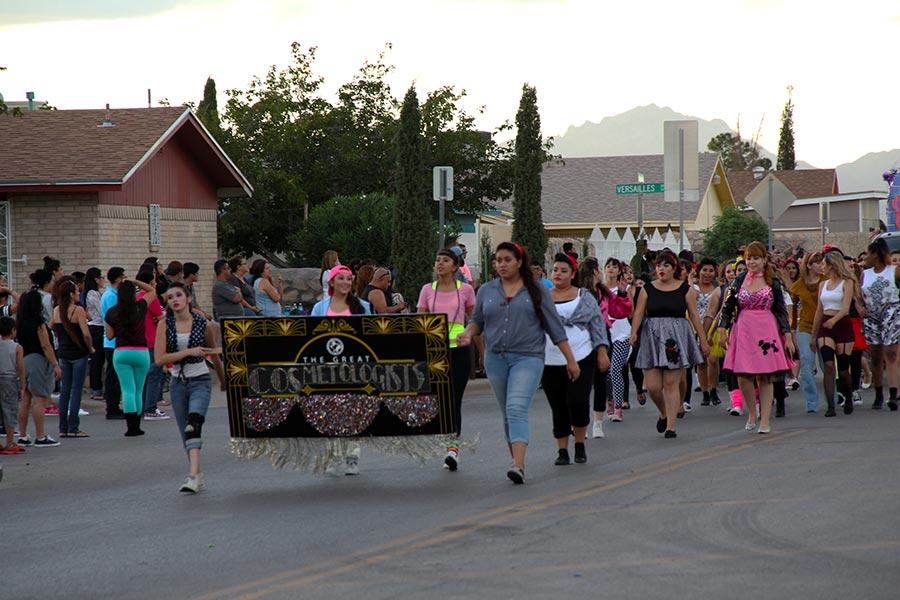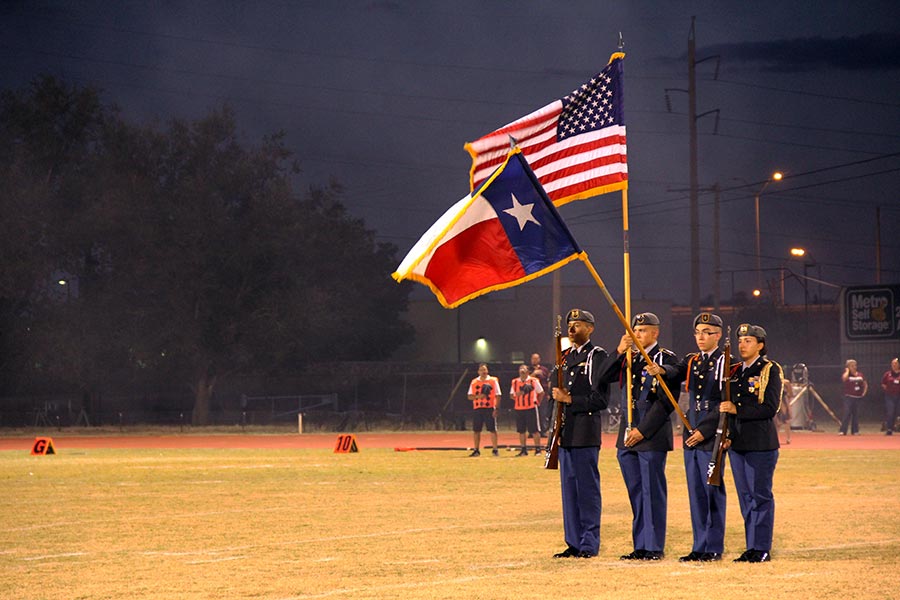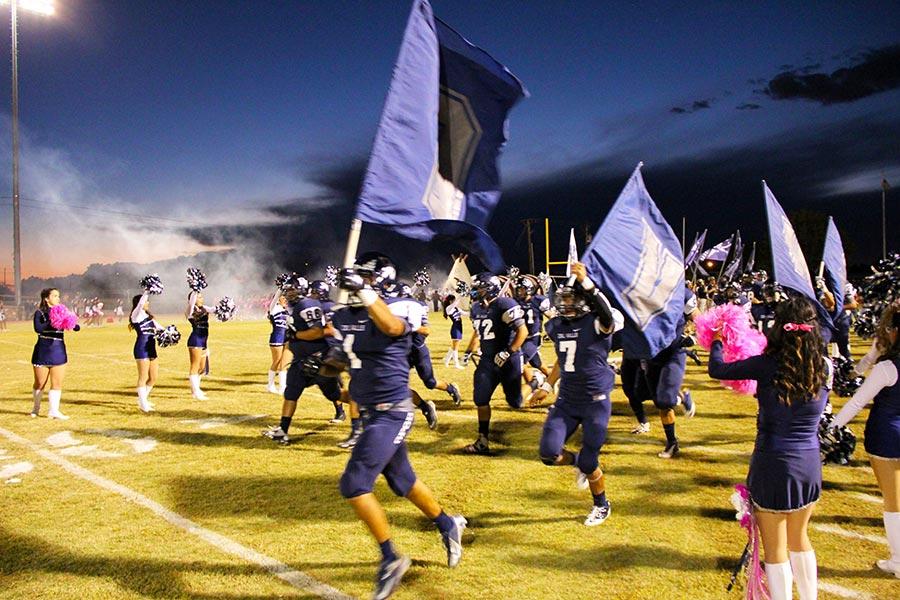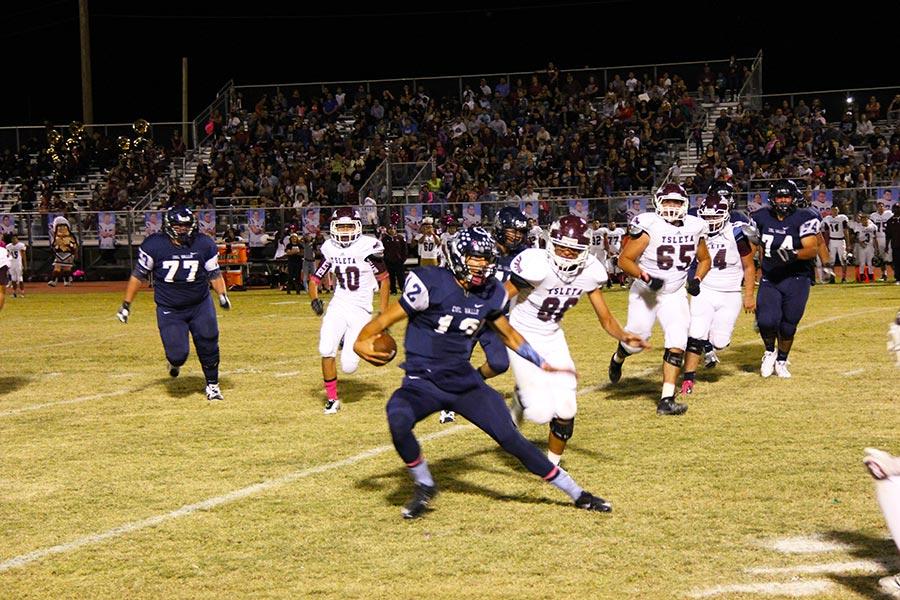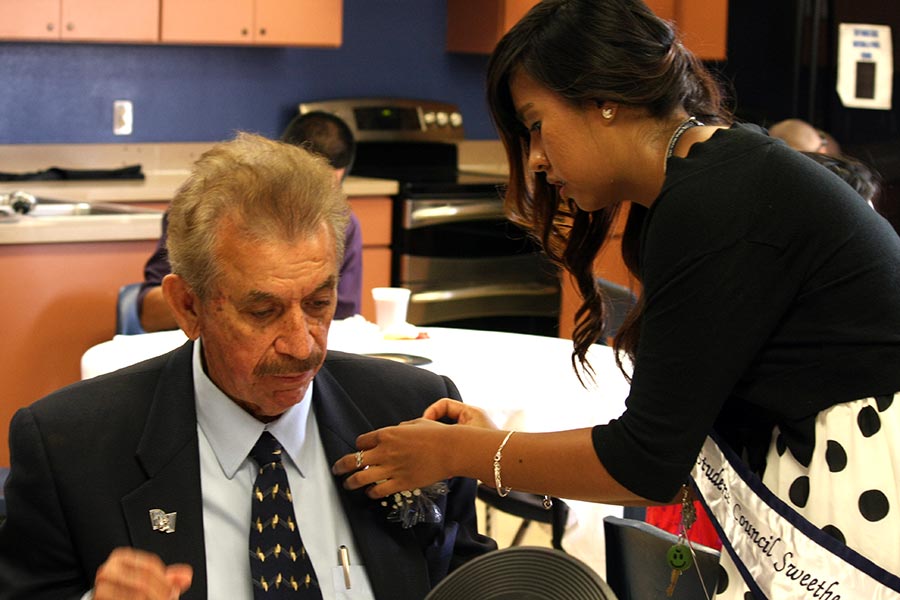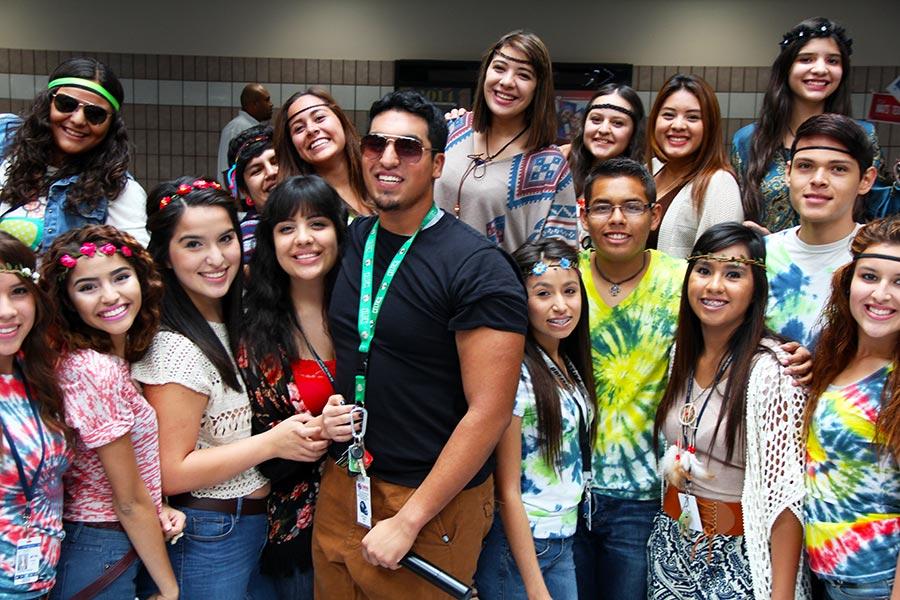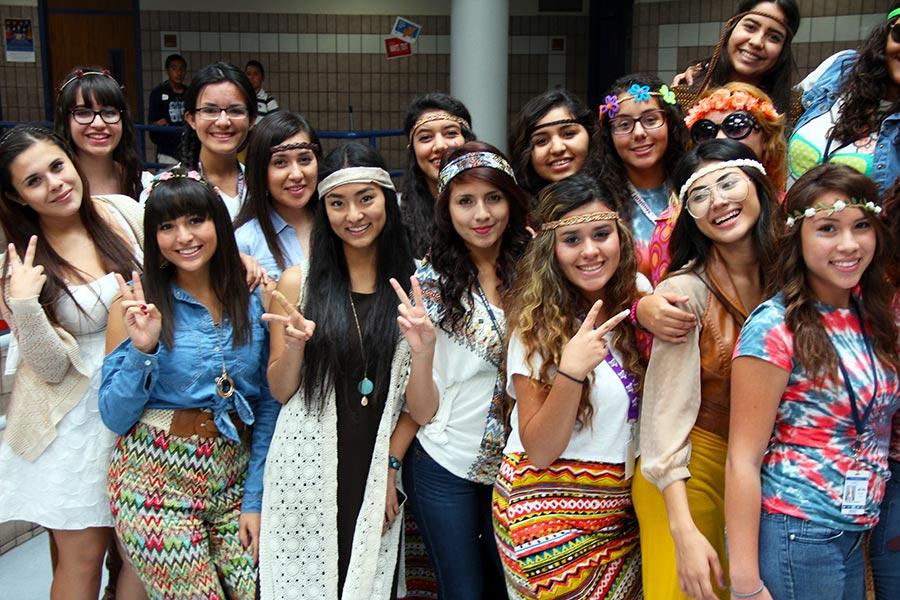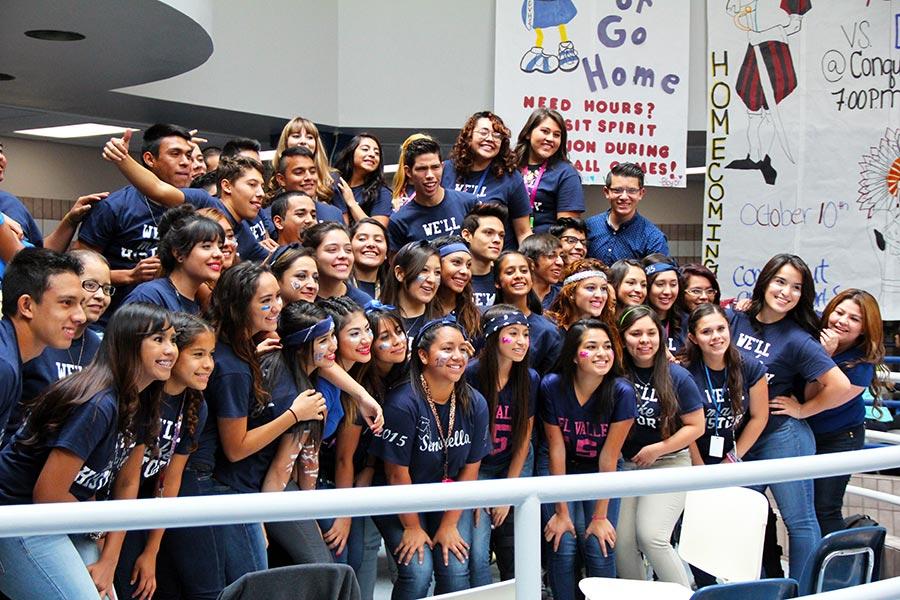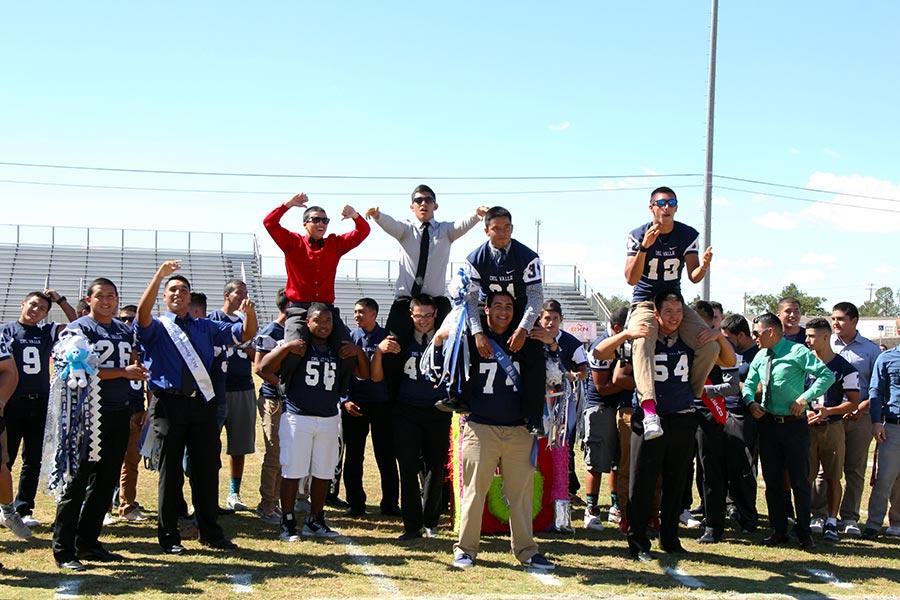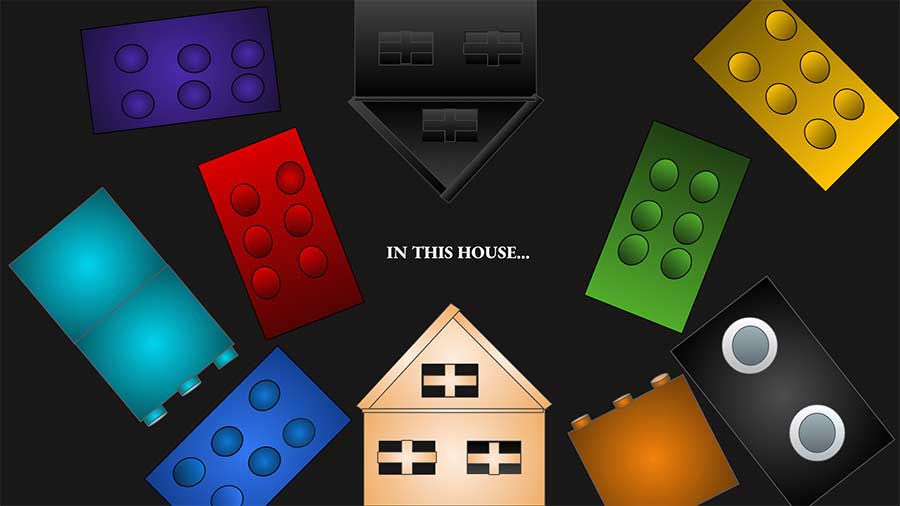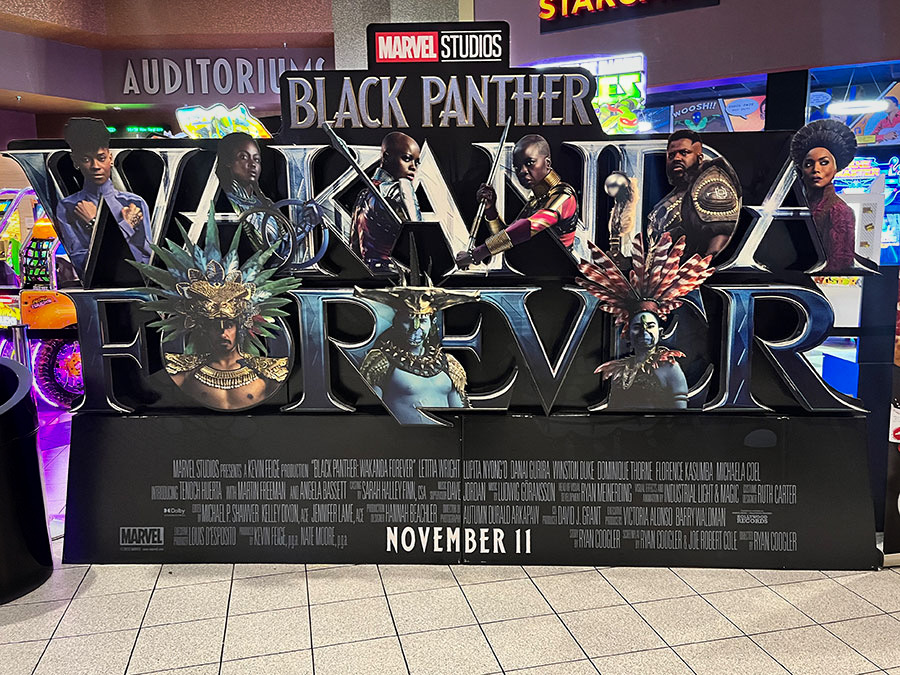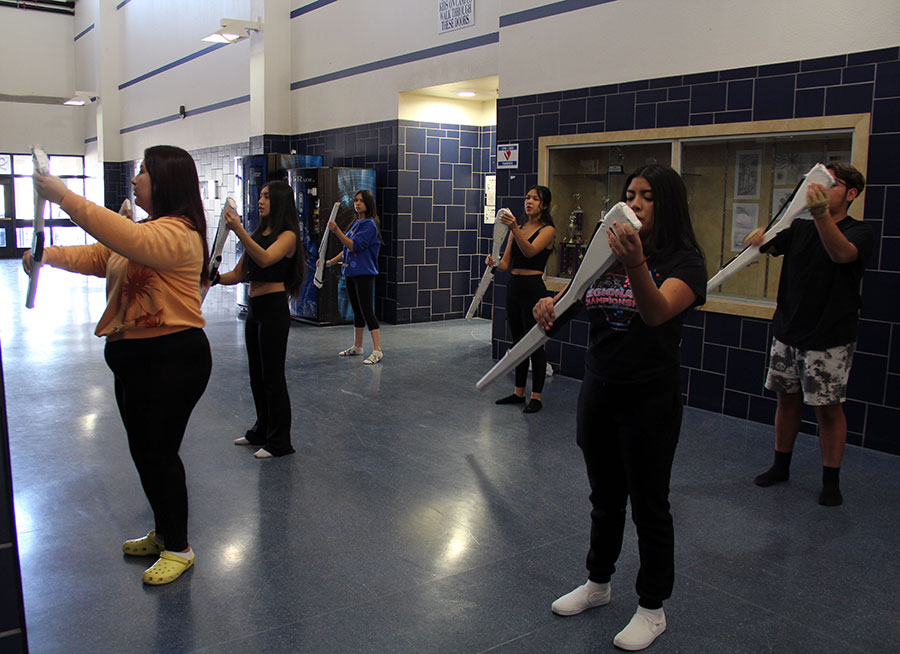Student IDs offer help numbers
The numbers are available 24/7.
April 28, 2022
Ever since students fully transitioned back to in-person learning, changes on campus included a Crisis Counselor phone number and the National Suicide Prevention Lifeline phone number stamped on the back of each ID.
Some students noticed this immediately while others did not.
“I noticed them right away when they handed out our IDs,” junior Paulina Alferez said.
The Crisis Counselor number and the National Suicide Prevention Lifeline are meant to help.
“For students, it’s a resource so that they have somewhere to reach out to if they ever find themselves in a crisis situation where they need help immediately. It’s as good as dialing 911, they help you over the phone, and guide you,” school counselor Sandra Moreno said.
Some may wonder why this resource was made available.
“Now, during the pandemic it seems there’s a health and mental health crisis,” Moreno said. “We all went through a crisis where the world shut down and are coming back into the workforce whether it’s in school or working. It’s been really hard for most of us, either because we (didn’t have) contact with the outside world, or we were indoors for a long time and now it’s hard to get back into everything. There’s a lot of illness, death and divorce, (we have this resource available now) because of all the tragedies.”
Students have conflicted feelings as to whether these new resources are helpful.
“It helps some students by letting them know there’s someone to help on the phone just by calling that number, but some students might get offended,” Alferez said.
In order to help someone out, those who answer the call have to follow a certain process.
“It’s confidential whenever students call, they don’t report anyone, they guide and advise on what (to) do and how (to) cope with the situation,” Moreno said.
The people who answer the Crisis Counselor number offer guidance.
“I know that you call and they talk to you, (and ask) ‘Tell me exactly how you are feeling,’ they ask direct questions like ‘are you thinking of hurting yourself, is there someone there that you can go to,’ they’re trained, so I don’t know what the process is, all I know is that (it is) 100% confidential,” Moreno said.
Carrying these numbers around every day has reassured students and some have taken the opportunity to reach out.
“A lot of times, especially students, either don’t have someone or an adult involved because the adults are working or they’re not available. It’s a resource for kids to reach out to in case they find themselves in a crisis situation,” Moreno said.
This new resource has some students contemplating on whether or not they would ever reach out to those numbers.
“I would, but it’d depend on how I’m feeling and if I can actually call the number, but at the same time I wouldn’t because I feel like they’ll judge me for my actions,” Alferez said.
Students and teachers are reassured that calling these numbers are helpful and safe.
“I think it’s good to inform the students about the crisis number because I think the number one thing they think is that ‘oh they’re gonna call my parents, they’re gonna tell an adult,’ it’s 100% confidential. It’s also for adults, not just for kids. It’s for anyone, any age, it’s just there. Mental health is very important and is just as important as physical health. When your mental health is not stable then you need to seek help, and that’s for all of us, not just for kids,” Moreno said.

